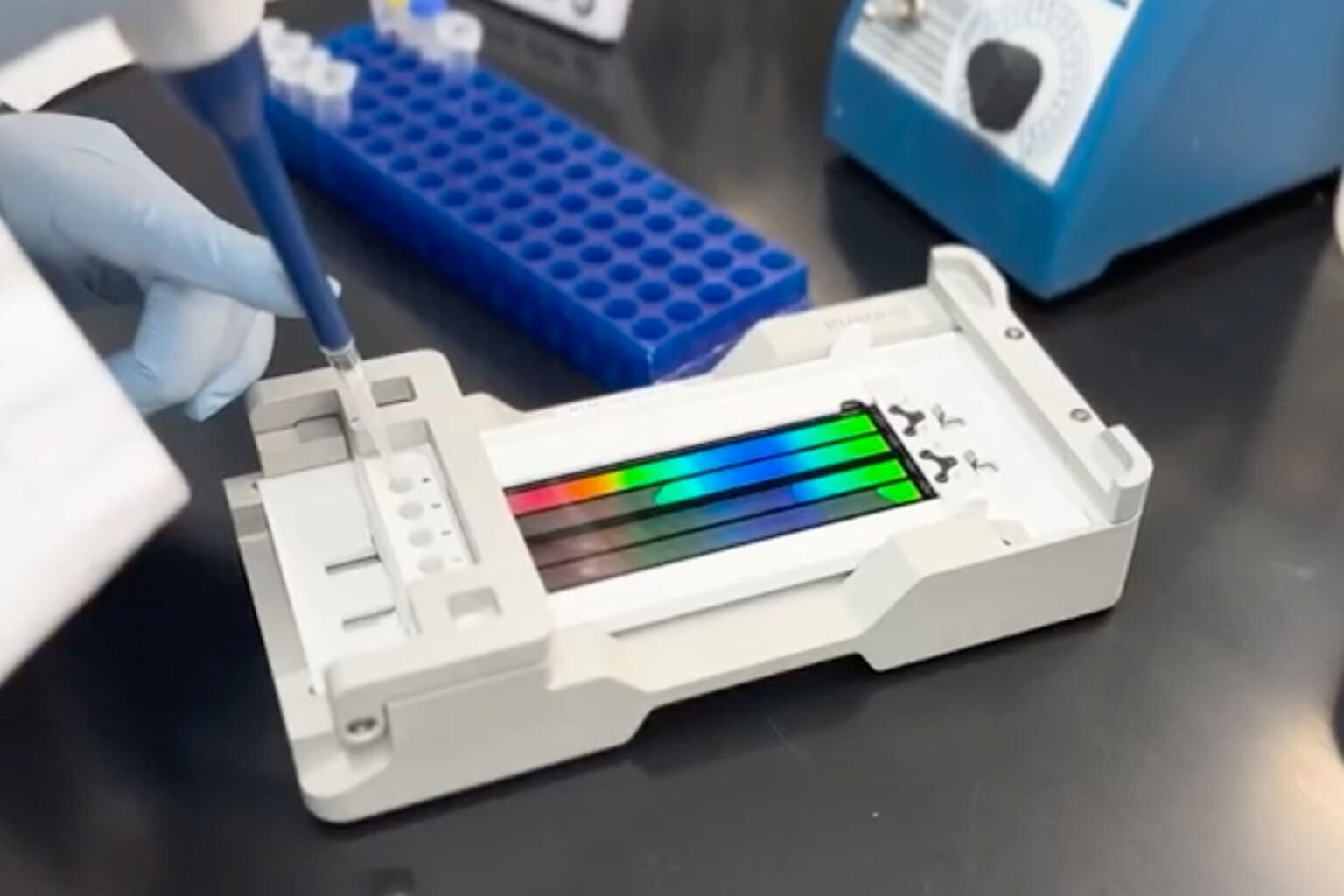Complete picture of genetic errors can advance precision medicine approaches to treatment
the health strategist
multidisciplinary institute
Joaquim Cardoso MSc
Chief Research & Strategy Officer (CRSO),
Chief Editor and Senior Advisor
August 23, 2023
Central message:
A new test called ChromoSeq, developed by a team at Washington University School of Medicine in St. Louis, has been approved by the Centers for Medicare & Medicaid Services (CMS) for reimbursement.
This approval makes ChromoSeq the first whole-genome sequencing test for cancer to receive CMS reimbursement. ChromoSeq is designed to identify the full suite of genetic changes in a patient’s cancer cells, specifically focusing on blood cancers such as acute myeloid leukemia (AML) and myelodysplastic syndrome (MDS).
This approval is significant because it advances the field of precision medicine in the treatment of blood cancers. By comprehensively analyzing the genetic mutations responsible for these cancers, ChromoSeq provides crucial information that can guide physicians in determining the most appropriate treatment strategies for individual patients. The test’s accuracy and clinical validity have been demonstrated through research, showing that it is at least as accurate and often better than conventional genetic tests used in cancer diagnosis and treatment planning.
The decreased costs of genome sequencing technology have made the reimbursement of ChromoSeq possible. The testing is conducted by the McDonnell Genome Institute, known for its expertise in genome sequencing and analysis. The approval by Medicare is expected to influence private insurance coverage decisions as well.
The article highlights the team effort behind ChromoSeq’s development and validation, led by researchers like David H. Spencer, Eric J. Duncavage, Molly C. Schroeder, and others. It also mentions ongoing clinical trials led by Meagan Jacoby to assess how ChromoSeq compares to standard-of-care testing and its real-world application.
Furthermore, ChromoSeq’s flexibility and potential for expansion to cover other types of cancer are emphasized. The researchers intend to adapt the approach to different forms of cancer, starting with blood cancers like acute lymphocytic leukemia and multiple myeloma.
Overall, the central message underscores the groundbreaking nature of ChromoSeq’s approval, its potential to transform cancer diagnosis and treatment, and the collaborative efforts of the research team to bring precision medicine to the forefront of cancer care.
SOURCE:








